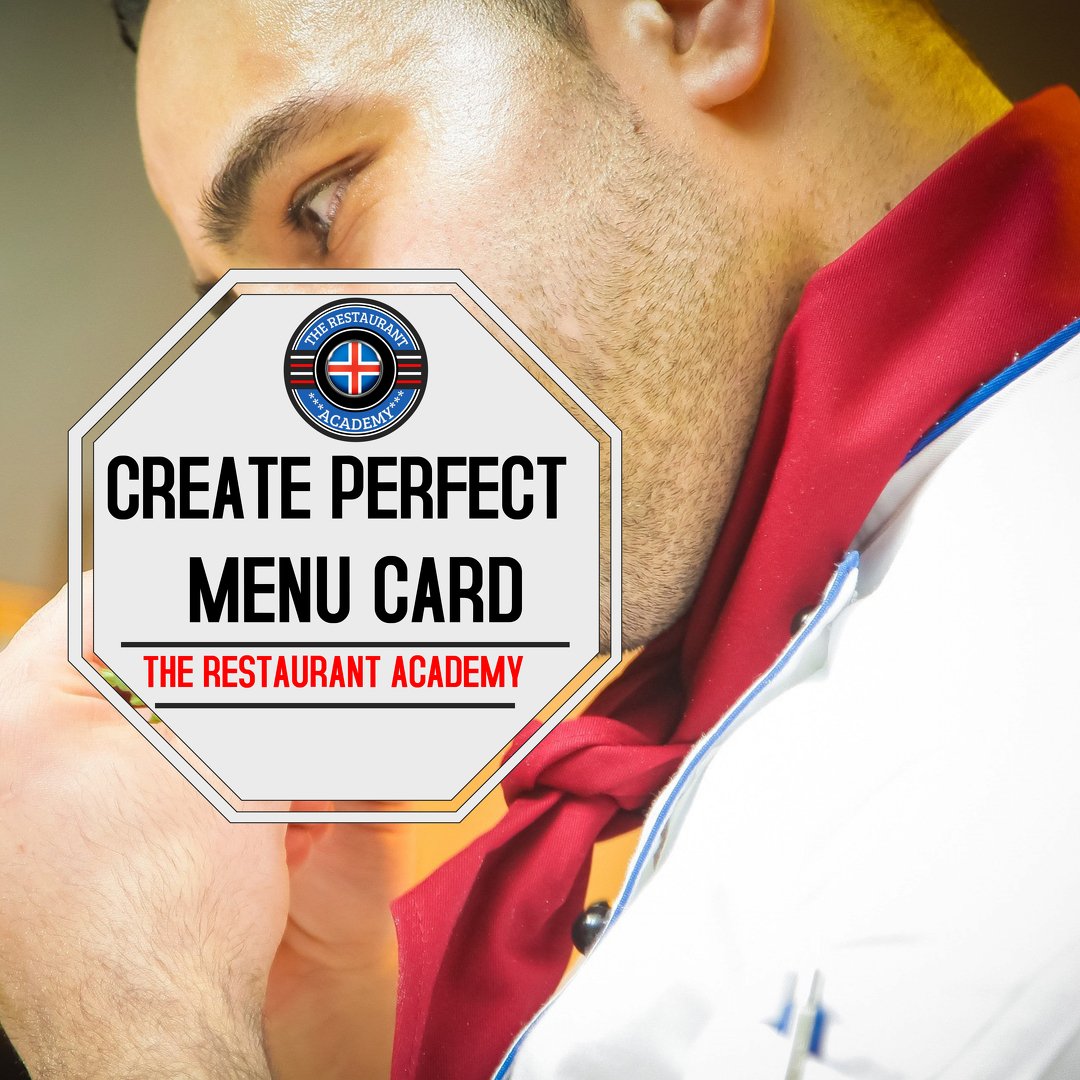Restaurant chains and industry experts across the world are reducing their growth factors for the present quarter as they are witnessing a dip in footfall and revenues since the first diagnosis and spread of Coronavirus in November 2019 in Wuhan, China. To know how the Covid-19 has impacted the restaurant business, we first need to get an idea about it.
What is Coronavirus?
2019-nCoV (Coronavirus) is a strain of virus causing the COVID-19 respiratory ailment. Since it is a new type of coronavirus, it is called Novel Coronavirus or nCov. Like all coronaviruses, this too has come from animals. It transfers from one person to another when two or more people are talking, handshaking, eating, standing, walking or doing anything in a shared space. Many of the first victims either shopped frequently or worked at the Huanan seafood wholesale market.
The virus can lead to pneumonia. Those affected suffer from fever, coughs and breathing problems. In some cases, patients may have organ failure. Since it is a case of viral pneumonia, antibiotics and antiviral drugs are useless. Since recovery depends on the immune system’s ability to cope, most of those killed had poor health conditions.
The spread of the virus has been noticed to spread more in colder regions such as China than in hotter regions like India where the average temperature till now has been 10 to 35 C.
Coronavirus’ Effect on Restaurants in China
Since restaurants are a great place to meet and socialize with people, chances of guests or employees at the restaurants contracting the disease are very high. With the illness spreading like wildfire, a number of people are avoiding gatherings to keep themselves safe.
For almost the entire month of February, the busiest streets of the most populous country of the world have stayed empty. As China has tried its best to contain the novel coronavirus causing Covid-19, the economy has almost come to a standstill with over 80652 confirmed cases.
The condition has devastated the restaurant and wine industries. Restaurants in important cities like Macau, Shanghai, Hong Kong, and Guangzhou had to stay shut for 3 weeks. The lucky ones were allowed to operate for limited hours and offer only takeout services.
In Hubei, some cities are under total lockdown. To prevent cross-infection, no one is being let to leave their homes without permission. As per one of the top wine importers of the country, in cities like Beijing, Shanghai, Shenzhen and Guangzhou, the condition is not as serious. However, even here, people are being asked to not leave their homes and bars, restaurants, as well as, cafes are closed until any more notices from the authorities. The restaurants that are still doing business can only resort to take-away business, which is also quite difficult given the lack of human resources available at such times. Additionally, the increase in takeaway culture has enhanced the risk of food poisoning and delivery agents could be unknowingly transferring the virus. Hence, the chances of selling wine are quite bleak.
Macau’s casinos, some of the most popular destinations of wine, were closed for over 2 weeks. The situation was similar in Shanghai where customers were not visiting eateries and bars and employees were too few. Most employees have not returned from their native towns even after the Chinese New Year was over or are quarantined in Shanghai because all those who enter Shanghai from outside have to undergo a 14-day quarantine period. In such a state, most eateries and bars are suffering a considerable amount of loss.
Since the Chinese still believe in consuming alcohol when they are out with friends or family or on business meets, the sale of alcohol too is down. The wine that was imported from other countries is at docks as customs officials and dockworkers are either trapped at home or are unwell. The wine association of Chile reported that exports to China for February have reduced 50%. Also, owing to the trade wars with the USA and the sudden attack of this virus, many companies and families are left with minimum money to spend on leisurely activities like fine dining and alcohol consumption.
Now that the virus is spreading to many nations, fears that restaurant businesses around the world are going to suffer are rife.
Coronavirus and the World Restaurant Industry
Till 7th March 2020, Worldometer reported over 105,529 confirmed cases of Covid-19 and around 3562 confirmed deaths due to the illness worldwide. South Korea (7041 confirmed cases and 48 deaths), Japan (461 confirmed cases and 6 deaths), Italy (5883 confirmed cases and 233 deaths) and Iran (5823 confirmed cases and 145 deaths) are among the most affected countries after China.
At present, China has stabilized its fight with Coronavirus with humongous public-health measures. The authorities are planning to lift restrictions in the Hubei province. But, new cases are coming up in other places like the USA (Washington, California and Oregon), Latin America (Brazil) and Africa (Algeria and Nigeria). As per McKinsey & Company, The US Centers for Disease Control Prevention has made it clear that community transmission will happen, in fact, there is proof that it may have begun already with 335 known confirmed cases and 17 deaths as of 7th March 2020.
In such a situation, it is quite natural that people will avoid social gatherings at restaurants and bars. One of the worst-hit sectors is thus the hospitality industry. If guests do not visit a diner one day, all the preparations made for that day are wasted.
Eatery owners all over the world are experiencing a check-in footfall and an increase in cancellations, especially by local companies. To avoid this lowering of guest count, restaurants are investing in employee training on refraining from face-touching and promoting hand-washing, cleaning and disinfecting items. They are stocking up on hand sanitizers and disinfection wipes for staff protection. While waiters used to fold napkins when diners got up from tables, the former is replacing those napkins to make contact minimum. Even though this is heightening expenses, the safety net is being spread.
All across the world, more and more people are avoiding Chinese restaurants. Though it is not impacting big, popular and safety certified restaurants, the small family-run ones are getting quite a blow. If you come to think about it, whether it is a Chinese or an Indian restaurant people are giving a miss, the domino effect is ruining the local food industry – 1) Lower number of reservations and visits mean fewer tips for front-of-the-house staff. 2) The quiet request of tech companies to their employees to work from home and not attend business meetings physically as well as restrictions on travel is leading to fewer guests frequenting restaurants. This attitude affects the farmers market and so each segment in the hospitality industry takes a hit indirectly.
Amid the growing instances of Coronavirus, widespread fear that the lowering tourist flow could throw the already dwindling economy into recession is a burning issue in the country. Throughout the world, bars and restaurants are reporting a huge drop as residents are staying home.
The Restaurant Academy Tips:
Surviving the coronavirus storm would be crucial for the restaurant industry. To recapitulate, your aim as a restaurant owner is to reduce the number of contacts with the guests if possible. Here are the points which the restaurants can apply to sustain this wrath of coronavirus:
1. Increase Food Delivery Service: Measure body temperature of employees before work and put it on food boxes before delivery and put employees medical reports online if it’s allowed in your country. Call the chef in the morning and waiters can do food delivery in the evening.
2. Scan Menu Card Option: Only have 2 to 3 items on the menu card per category to start. Our special tip is to put the menu card on social media for the guests to order. You can even put the scan card option, people can download the menu card with a click on it. Try to get rid of the paper menu card now.
3. Naked Table: Don’t put anything on the table now. Bring the cutleries in the napkin(cotton cloth) wrapped after the guest ordered. Remove salt and pepper mill instead have them in paper packets. Your aim is to reduce to the most common touch items for the guest.
4. StopWatch: This is a bold move. Time has a lot of value now especially for the restaurant business. You can request the people that for 3 courses not more than 1.5- 2 hours after they order. Our special trick would be to do new sitting after the gap of every 2 hours.
5. Mask and Gloves: Waiters should wear a mask during the shift. Try to have cotton gloves instead of plastic gloves to save the environment. A proper mask should be worn by the employees as well.
6. 2 M distance: You need to have the proper distance between the tables. You can put any tape to have enough distance between people. Make sure the restaurant gates are OPEN. You are trying to avoid the guest touching common objects. Touchless Sanitizers should be kept at the entry gates. Use the empty tables for upselling. Example: Put a large empty champagne bottle to promote champagne offers. Champagne makes the most profit compared to other drinks.
7. Reduce the temporary staff: Tell the truth to the employees and they will understand the current situation.
8. Social media Food Order: Zomato started taking food delivery order on ”Twitter”. It will help you to reduce third party cost.
9. Bounce Back: Take this time to work on creating better videos, new menu, social media content during this storm. We can help you with it also. Please send email to us:abhishekrajchauhan1990@gmail.com
10. Spread the Coronavirus awareness: People don’t forget when you provide good information. This technique is not widely used in the restaurant industry.
Special Tip: 1. Gift Cards can help you to survive this coronavirus storm.
2. Promote card payment instead of cash.
3. Time to say goodbye to buffet services for some time.
Restaurant and bar owners are looking forward to the change and expecting to bounce back to their greener days.



